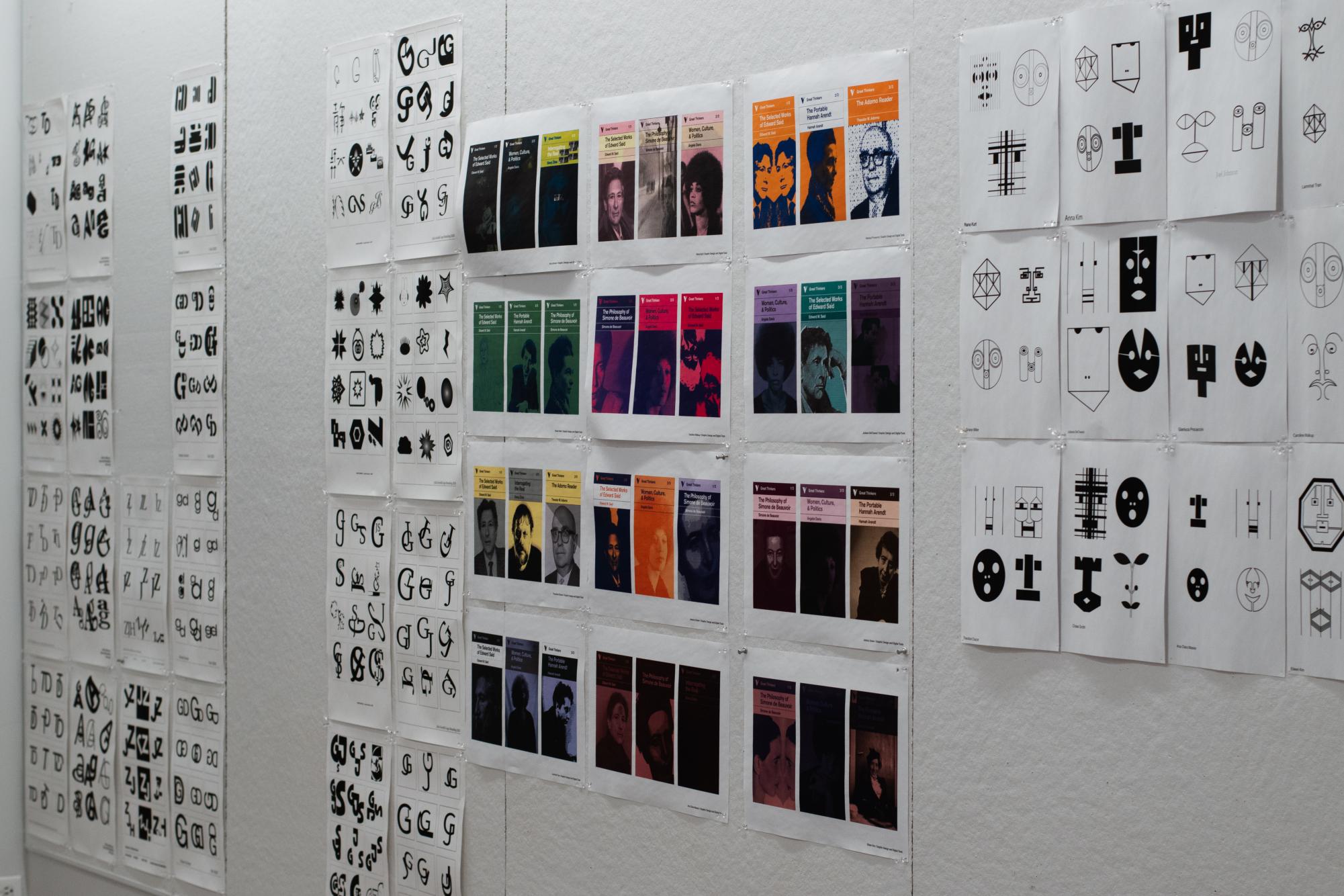The Hidden Strengths of Humanities Education
Long-ridiculed for their ‘impractical’ fields of study, humanities majors might actually come out on top in today's competitive job market. Many students pursuing arts and humanities degrees face constant questions about their career prospects, with assumptions that these fields lead to limited opportunities. But is this perception based on reality or just a persistent myth?
Debunking the Unemployment Myth
Recent data from a 2023 Federal Reserve Bank of New York study reveals surprising employment statistics. Humanities and STEM majors report remarkably similar unemployment rates:
- Anthropology majors: 9.4%
- Physics majors: 7.8%
- Computer engineering majors: 7.5%
- Computer science majors: 6.3%
- Liberal arts majors: 5.3%
Interestingly, while internet jokes frequently target humanities majors about unemployment, computer science majors face comparable challenges in the current job market.
The Current Academic Landscape
Our educational culture heavily emphasizes STEM and business fields, leading to disproportionate funding allocations. Literature and history programs are consistently underfunded, with some institutions even considering eliminating these majors altogether. This reflects a nationwide trend toward prioritizing "productive" majors over traditional humanities education.
Career Readiness and Employer Demand
Fordham's Career Center staff emphasize that humanities students develop unique strengths that align perfectly with employer needs. According to Allyson Blatz, Assistant Director for Student Engagement: "What's really unique about humanities and liberal arts students is there is more of a focus on passion and impact. I've seen students really channel that passion into awesome personal projects."
Employers consistently value the critical thinking, communication, and collaboration skills that humanities curricula cultivate. These are precisely the competencies outlined in the National Association of Colleges and Employers' eight principles of career readiness.
The Critical Thinking Advantage in the AI Era
Cole Chaloupka, Student Engagement Specialist, identifies a "crisis in critical thinking" in higher education due to overreliance on generative AI. He notes that "the humanities is set up to encourage students to do these readings and think and ask questions. That is going to be so important to be able to counter some of this access to lazily figuring things out at our fingertips."

Real-World Success Stories
Seneca Farhy, a Fordham history major, gained valuable experience through a summer internship at The New York Historical Society, where she worked on a Harlem Renaissance exhibition. She found that her humanities education provided essential skills: "Studying history has allowed me to slow down and get the full picture of things and ask questions. I feel like I was able to translate this into my job really well over the summer."
The Data Doesn't Lie
The National Humanities Alliance reports that 78% of employers consider critical thinking "very important," yet only 49% feel recent graduates are well-prepared in this area. Humanities majors consistently score higher than average on graduate school entrance exams across all fields, demonstrating the transferable nature of their skills.
Why Humanities Matter More Than Ever
In an age of rapid technological advancement and AI integration, humanities education provides the human-centered perspective needed to guide innovation ethically. As Farhy perfectly summarizes: "I support pursuing careers in the humanities because, well, it's in the word: It's human, and it helps you connect to other people, and humans are easier to connect with than money."




Comments
Join Our Community
Sign up to share your thoughts, engage with others, and become part of our growing community.
No comments yet
Be the first to share your thoughts and start the conversation!